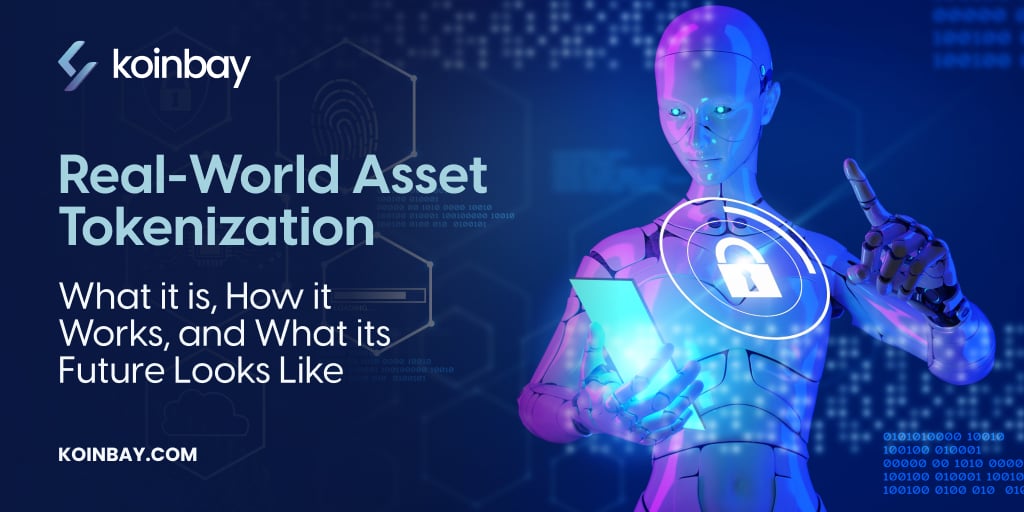In a pricey world, owning art, luxury property, or rare metals seems unattainable for many. But what if there was a way to democratize ownership of these coveted assets? Introducing Real-World Asset Tokenization (RWAs), a revolutionary innovation rapidly transforming traditional ownership.
- Tokenizing digital assets means transforming ownership rights into secure digital tokens within a blockchain framework.
- The advantages of tokenization include cost efficiency, 24/7 trading, liquidity enhancement, transparency, faster settlement, and global accessibility.
- Financial giants adopt the concept, experts foresee a $16 trillion market for tokenized assets by 2030.
- Asset tokenization spans real estate, metals, CBDCs, supply chains, art, and various industries.
- As tech advances and regulations mature, asset tokenization can revolutionize ownership, offering once-exclusive experiences to more individuals.
What is Real-World Asset Tokenization?
Tokenization is creating blockchain-based tokens representing physical or digital assets, wholly or partially, by an issuer.
One of the most prominent real-world applications of asset tokenization is in serving as digital endorsements of ownership. Tokens serve as virtual representations encompassing diverse valuable entities, spanning physical, digital, fungible, and non-fungible assets.
Tokens within a blockchain system enable owners to secure asset ownership, notably when stored in their fortified cryptocurrency wallets.
How Does Asset Tokenization Function?
Tokenization involves the compilation and reconstruction of an asset and all its characteristics, including ownership, valuation, and other pertinent attributes, into a digital construct.
The aspects of an asset are translated into code and embedded into the metadata within a token or series of tokens. The blockchain provides the gateway to access this token, offering a panoramic view of the asset’s economic value and ownership dynamics. This transformative progression, where an asset takes on the form of a digital token, is called tokenization.
Numerous endeavors have been set in motion to establish a DeFi (decentralized finance) benchmark for asset tokenization. This benchmark strives to engender a standardized procedure governing the creation and exchange of digital tokens symbolizing diverse asset categories.
This pursuit of standardization holds the promise of improving liquidity and transparency within the market. Consequently, this could lead to a more streamlined process for investors to seamlessly engage in the acquisition and disposal of tokenized assets.
Advantages of Real-World Asset Tokenization
The benefits of asset tokenization are numerous and are driving its growing popularity among traditional financial institutions and individual enthusiasts alike:
- Cost Efficiency: By eliminating intermediaries such as lawyers, brokers, and banks, tokenization significantly reduces transaction costs. This efficiency translates into higher returns for participants and lower barriers to entry.
- 24/7 Trading: Unlike traditional financial markets with limited trading hours, blockchain-powered asset tokenization enables round-the-clock trading, empowering participants to trade on market updates and movements in real-time.
- Liquidity Enhancement: The fractionalization of assets and the ease of trading on blockchain platforms enhance its liquidity. Now, it’s possible to divide previously illiquid assets like real estate or vintage cars into numerous tokens, enhancing their accessibility and tradability.
- Transparency and Trust: Blockchain’s transparent nature guarantees publicly recording and auditing all transactions. This transparency increases trust among participants and promotes accountability.
- Faster Settlements: Blockchain transactions can settle within minutes rather than the days or even weeks required by traditional processes. This speed is especially advantageous for smaller participants.
- Global Accessibility: Asset tokenization breaks down geographical barriers, enabling participants from around the world to engage in ownership that was previously inaccessible to them.
Diverse Applications of Asset Tokenization
The scope of asset tokenization extends across a wide range of industries, each unlocking new opportunities and possibilities:
- Real Estate: Tokenizing real estate properties enhances liquidity and accessibility for participants. Fractional ownership divides commercial buildings, resorts, and luxury properties, allowing a wider range of participants to engage in property ownership.
- Precious Metals: Tokenizing precious metals such as gold, palladium, and platinum increases market liquidity and facilitates reliable and instantaneous settlement of trades.
- Central Bank Digital Currencies: Governments worldwide are exploring the issuance of CBDCs on blockchain networks. CBDCs provide a transparent and traceable form of digital fiat currency that can enhance transactional visibility and streamline government monetary policies.
- Supply Chains: Blockchain-powered asset tokenization enhances transparency and automation in supply chains. Participants can verify the origin and authenticity of products, and companies can reinforce their ESG initiatives by ensuring responsible sourcing.
- Bonds and Debt: Financial institutions are tokenizing bonds on public blockchains, reducing reliance on intermediaries, increasing transparency, and opening up bond markets to a wider range of participants.
- Art: Tokenization is revolutionizing the art world by enabling broader ownership of high-value artworks. Participants can own fractions of masterpieces, democratizing an industry known for its exclusivity.
- Carbon Credit Market: Tokenizing carbon credits enhances market liquidity and enables companies to access carbon offsets more efficiently, fostering climate action projects.
- Intangible Assets: Blockchain protects copyrights, trademarks, and patents by offering tamper-proof, traceable, and verifiable tokens, thus safeguarding intellectual property.
The Path Forward for Asset Tokenization
While asset tokenization holds immense promise, it’s important to acknowledge that challenges and obstacles remain. Concerns about security breaches and technical barriers may hinder mainstream adoption. However, the rapid growth and adoption of blockchain and cryptocurrencies hint at a bright future for asset tokenization.
Traditional financial giants are already embracing the concept, and experts predict that the market for tokenized assets could reach an astonishing $16 trillion by 2030.
As technology continues to evolve and regulatory frameworks mature, asset tokenization has the potential to revolutionize the concept of ownership and empower individuals to engage in tangible ownership experiences that were once reserved for the privileged few.
Summing it Up
Overall, it is safe to say that the tokenization of real-world assets represents a seismic shift in the way we perceive and engage with tangible ownership. Blockchain technology is dismantling barriers and making participation more inclusive and accessible.
Whether it’s a masterpiece painting, a luxury property, or even carbon credit, asset tokenization is rewriting the rules of ownership and paving the way for a more democratized and interconnected future of tangible engagement.
Follow us for more interesting information about the crypto world:
Telegram — Twitter — Facebook — Instagram — LinkedIn — YouTube
This article incorporates insights and content generated by language models and other AI technologies. While the author has made every effort to ensure the content’s accuracy and reliability, neither the author nor KoinBay can guarantee the absolute correctness, comprehensiveness, or dependability of all information provided.
Cryptocurrency trading inherently carries significant risks. It’s not suited for everyone. Before engaging in cryptocurrency trading, it’s essential to evaluate your investment goals, experience, and risk tolerance. It’s possible that you could experience a total or partial loss of your investment, hence only invest what you can afford to lose entirely. Understand all risks associated with cryptocurrency trading and consider seeking counsel from an independent financial advisor. Participating in ICOs, IEOs, STOs, or any other offerings doesn’t assure any returns on your investment.
Always stay informed and exercise caution when dealing with cryptocurrencies and related technologies.


